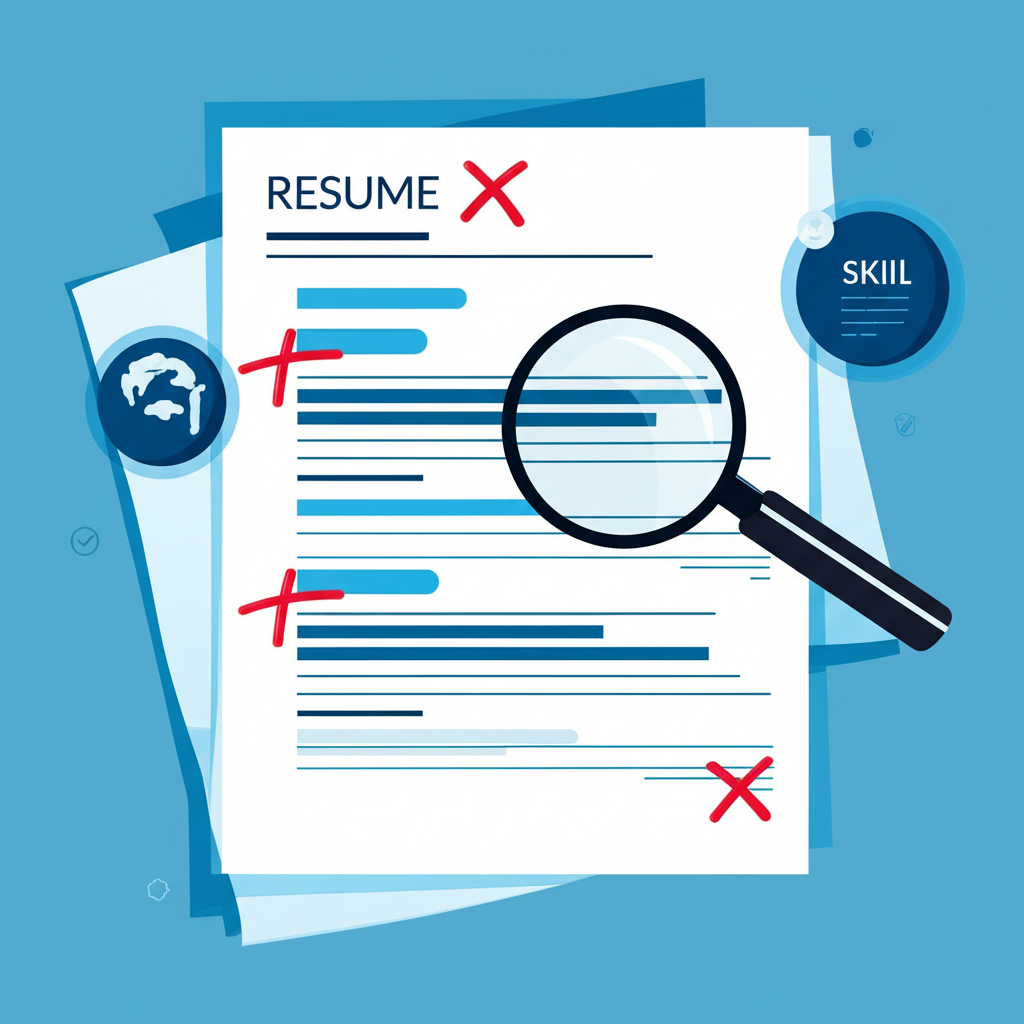Remote interviews have become the new standard in hiring, with over 80% of companies now conducting initial interviews virtually. While this shift offers convenience and broader opportunities, it also presents unique challenges that require specific preparation and skills. This comprehensive guide will help you master the art of remote interviewing and stand out in the virtual hiring process.
The Remote Interview Landscape
Virtual interviews aren't just a temporary pandemic response—they're here to stay. Companies have discovered that remote interviews save time and resources while allowing them to access talent from anywhere in the world. For job seekers, this means more opportunities but also increased competition and new skills to master.
Technical Setup: Getting the Basics Right
Your technical setup can make or break a remote interview. Poor audio, video quality, or connectivity issues can overshadow your qualifications and create a negative impression.
Essential Equipment Checklist
- Reliable Internet Connection: Test your connection speed and have a backup plan (mobile hotspot)
- Quality Camera: Use your laptop's built-in camera or invest in an external webcam for better quality
- Clear Audio: Consider a USB headset or external microphone for crystal-clear sound
- Proper Lighting: Position yourself facing a window or invest in a ring light for even illumination
- Backup Device: Have a phone or tablet ready as a backup in case of technical issues
Platform Familiarity
Before your interview, familiarize yourself with the video conferencing platform being used. Whether it's Zoom, Microsoft Teams, Google Meet, or another platform, practice joining meetings, using basic features, and troubleshooting common issues.
Creating the Perfect Interview Environment
Your environment speaks volumes about your professionalism and attention to detail. Creating the right setting is crucial for making a positive impression.
Background and Setting
- Choose a clean, uncluttered background
- Ensure your space is quiet and free from interruptions
- Position your camera at eye level to maintain natural eye contact
- Test your setup beforehand to check for distracting elements
- Have a glass of water nearby, but keep it out of the camera frame
Lighting and Positioning
Good lighting is essential for a professional appearance. Natural light from a window facing you is ideal, but avoid backlighting that creates silhouettes. If using artificial light, position it in front of you to eliminate shadows on your face.
Mastering Virtual Body Language
Body language in virtual interviews requires different considerations than in-person meetings. The limited frame and screen-mediated interaction change how your gestures and expressions are perceived.
Eye Contact and Engagement
Maintaining eye contact in virtual interviews means looking at the camera, not the screen. This can feel unnatural at first, but it's crucial for building connection with your interviewer. Practice speaking to the camera during mock interviews to build this habit.
Gestures and Movement
- Keep gestures within the camera frame
- Avoid excessive movement that can be distracting
- Sit up straight and maintain good posture
- Use hand gestures naturally, but be mindful of the limited space
- Nod and smile to show engagement and understanding
Communication Strategies for Virtual Interviews
Effective communication in virtual settings requires adjustments to account for potential delays, audio issues, and the lack of in-person energy.
Speaking Techniques
- Speak slightly slower and more clearly than usual
- Pause briefly before responding to account for potential delays
- Use vocal variety to maintain engagement
- Repeat important points to ensure clarity
- Ask for clarification if you miss something due to technical issues
Active Listening
Demonstrate active listening through verbal and non-verbal cues. Use phrases like "I understand" or "That's a great point" to show engagement. Take notes visibly to demonstrate your interest and attention to detail.
Preparing for Common Remote Interview Challenges
Virtual interviews come with unique challenges that you should prepare for in advance.
Technical Difficulties
Always have a backup plan for technical issues. This includes having the interviewer's phone number, testing your setup beforehand, and knowing how to quickly switch to a mobile device if needed. If technical issues occur during the interview, remain calm and professional while resolving them.
Distractions and Interruptions
Minimize potential distractions by:
- Informing household members about your interview schedule
- Turning off notifications on your devices
- Closing unnecessary applications and browser tabs
- Having a plan for handling unexpected interruptions gracefully
Leveraging Technology to Your Advantage
Remote interviews offer unique opportunities to leverage technology in ways that aren't possible in traditional face-to-face interviews.
Digital Portfolio and Screen Sharing
Prepare digital versions of your portfolio, work samples, or presentations that you can share during the interview. Practice screen sharing beforehand to ensure smooth transitions and professional presentation.
AI-Powered Interview Assistance
Modern AI tools can provide real-time assistance during interviews, helping you answer complex questions, solve technical problems, and present your best self. Platforms like Enlistar offer discrete AI support that can boost your confidence and performance.
Post-Interview Best Practices
The interview doesn't end when you log off. Follow-up is just as important in virtual interviews as in traditional ones.
Immediate Follow-up
- Send a thank-you email within 24 hours
- Reference specific points from the conversation
- Reiterate your interest and qualifications
- Address any technical issues that may have occurred
Industry-Specific Considerations
Different industries may have varying expectations for remote interviews. Tech companies might expect more sophisticated technical setups, while creative industries might value visual presentation more highly. Research industry norms and adjust your approach accordingly.
The Future of Remote Interviewing
As remote work becomes more prevalent, virtual interviewing skills will become increasingly valuable. Companies are investing in more sophisticated virtual interview platforms, including VR environments and AI-powered assessment tools. Staying current with these developments will give you a competitive edge.
Practice Makes Perfect
The key to mastering remote interviews is practice. Conduct mock interviews with friends or family, record yourself to identify areas for improvement, and use AI-powered practice platforms to simulate real interview scenarios.
Remember, remote interviews are an opportunity to showcase not just your qualifications, but also your adaptability and technological proficiency—qualities that are increasingly valuable in today's workplace. By mastering these skills, you'll be well-positioned to succeed in the evolving job market.



